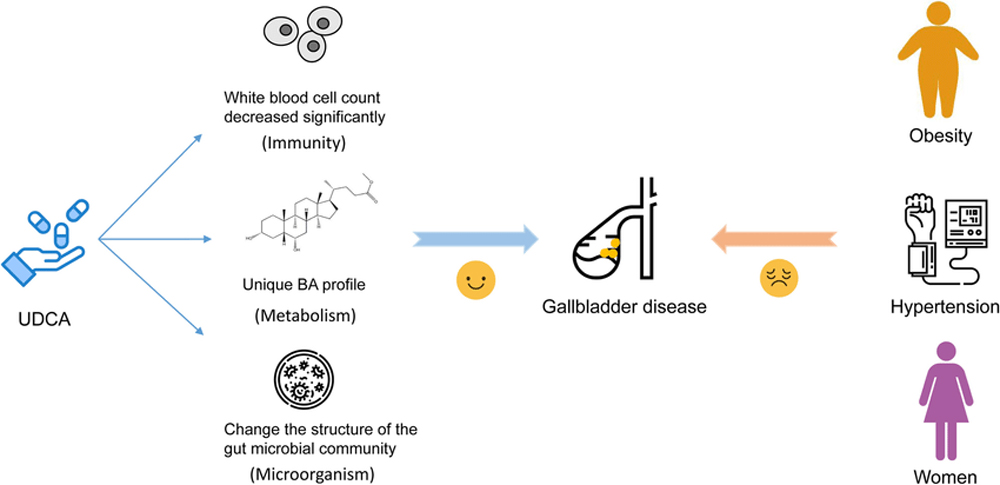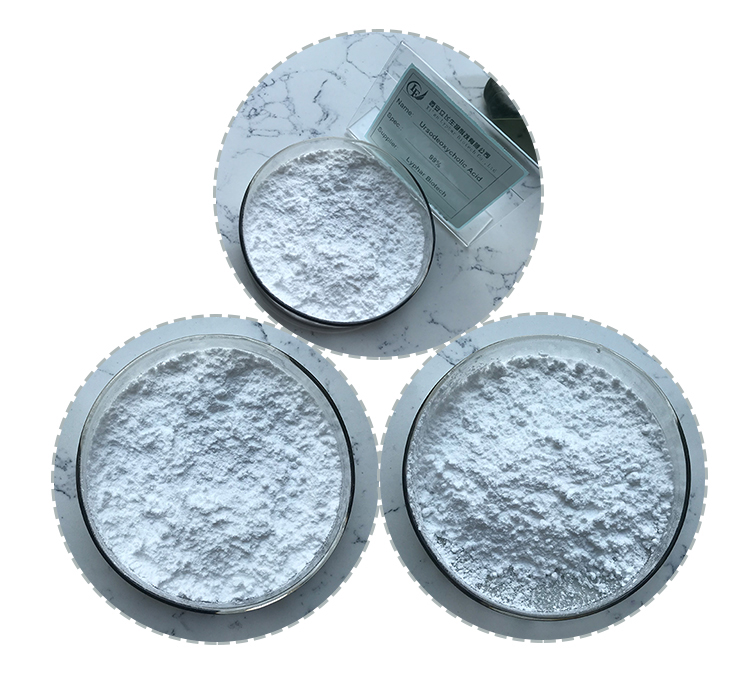UDCA (Ursodeoxycholic acid) is primarily used for hepatobiliary disorders. The main indications include:
- Primary Biliary Cholangitis (PBC) – First-line treatment to slow disease progression and improve liver function.
- Cholestatic Liver Diseases – Used in various conditions associated with impaired bile flow.
- Gallstone Dissolution – For small, non-calcified cholesterol gallstones in patients who are not candidates for surgery.
- Primary Sclerosing Cholangitis (PSC) – Used, though benefits are controversial and not universally recommended.
- Intrahepatic Cholestasis of Pregnancy (ICP) – Helps reduce bile acids and symptoms like pruritus.
- Cystic Fibrosis-Associated Liver Disease (CFLD) – Used to improve bile flow and liver function.

- Graft-Versus-Host Disease (GVHD) of the Liver – Given post-transplant to protect against liver damage.
- Non-Alcoholic Fatty Liver Disease (NAFLD) and Non-Alcoholic Steatohepatitis (NASH) – Sometimes considered, though not a standard therapy.
Would you like details on dosing or specific conditions?
Is UDCA effective for bile reflux gastritis?
UDCA (Ursodeoxycholic acid) is primarily used to treat cholestatic liver diseases, such as primary biliary cholangitis (PBC) and gallstone dissolution in some cases. While UDCA can improve bile composition and reduce bile toxicity, its effectiveness in treating bile reflux gastritis is uncertain.
Bile reflux gastritis occurs when bile flows into the stomach and irritates the lining, often causing symptoms like nausea, vomiting, epigastric pain, and a burning sensation. UDCA has been suggested to help by reducing the harmful effects of bile acids on the gastric mucosa, but clinical evidence supporting its routine use for this condition is limited.

Alternative Treatments for Bile Reflux Gastritis:
- Proton pump inhibitors (PPIs) (e.g., omeprazole, pantoprazole) – While they don’t reduce bile reflux, they may help with associated acid reflux and mucosal protection.
- Sucralfate – Forms a protective barrier over the stomach lining.
- Prokinetics (e.g., domperidone, metoclopramide) – Help improve gastric emptying and reduce reflux.
- Surgical options (e.g., Roux-en-Y diversion) – Considered for severe, refractory cases.
If you are experiencing persistent symptoms, it’s best to consult a gastroenterologist to determine the most appropriate treatment plan.
